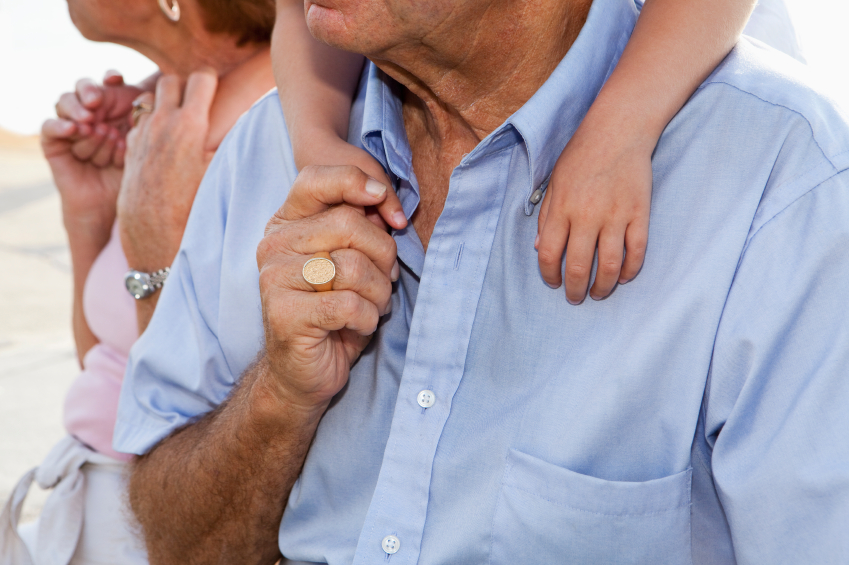There are times when circumstances dictate that the care or custody of a child has to be the responsibility of somebody who is not that child’s parents. Often, this person is another family member – a grandparent, an older sibling, an aunt or uncle, and so forth – though sometimes this person is not related to the child. In general, there are two distinct possibilities when custody of a child is transferred away from that child’s parents and to another – Guardianship and Adoption.
In an Adoption, a person or a couple takes over all parental rights and responsibilities for a child, replacing that child’s biological parents entirely. Legally, once an adoption has been finalized the child’s adoptive parents are permanently considered the child’s parents, and they are treated exactly as the child’s birth family. Custody, legal decisions, and inheritance are all treated exactly as they would be in any other family, and the court does not supervise or otherwise intervene in an adoptive parent’s relationship with their adopted child – unless there is some evidence of parental wrongdoing, which is handled the same way as it would be handled if the parents were biological.
A guardianship, however, can be more complex. Like an adoption, in a guardianship a child is living with an adult who is not their biological parent, but this person is not legally considered a replacement for the child’s parents. Guardians are responsible for the care and well being of the children in their care, and are empowered by the court to make decisions regarding the best interests of the child, but often guardians are supervised by the court, and may have their guardianship ended if the child’s biological parents can prove themselves fit to care for their child once more. This type of guardianship is called ‘probate’ guardianship, and is distinct from guardianship in juvenile court, which are handled differently.
What Are The Different Types Of Probate Guardianship?
There are generally two types of probate guardianship – guardianship of the person and guardianship of the estate. Guardianship of the person grants a guardian physical and legal custody over a child, giving that person the ability to make decisions in the child’s interest and making that person responsible for all the same things that a parent is normally responsible for. Such a guardian must provide a child with food, clothing, shelter, safety and security, and must attend to the child’s physical health, emotional well being, medical and dental care, education, and any other special needs the child may have.
What Is The Guardianship Responsible For?
The guardian is responsible for supervising the child and has many of the same rights and responsibilities any other parent has – but, unlike an adoption, the parents do retain some rights to their child, such as visitation. This form of guardianship is invoked in situations when a parent cannot maintain their current parental responsibilities for a number of reasons – mental health issues, criminal behavior, drug or alcohol addiction, physical illness, or even military deployment. Usually, when it can be proven to the court that the parent is once again capable of fulfilling their responsibilities to their child, the guardian relinquishes custody back to the parents.
The other form of probate guardianship is guardianship of the estate. Usually invoked when a child is inheriting money or assets from a relative, a guardian of the child’s estate is responsible for the management and investment of any money and property the child may own until the child turns 18, and is considered responsible for their own property. In cases where one parent passes away, the surviving parent is usually appointed guardian of the child’s estate – though in some cases guardianship may be granted to a third party, independent of the child’s parents or legal guardian.

